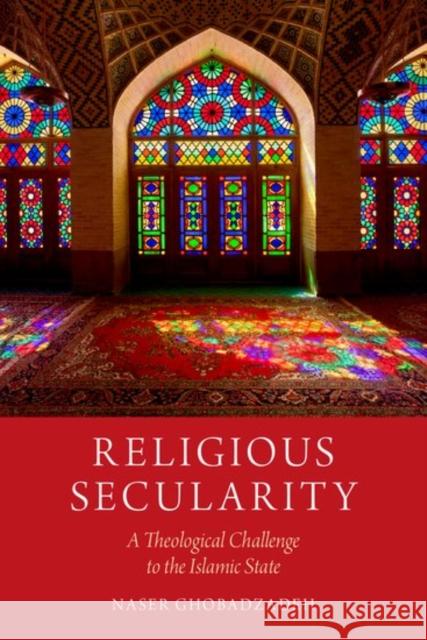Religious Secularity: A Theological Challenge to the Islamic State » książka
topmenu
Religious Secularity: A Theological Challenge to the Islamic State
ISBN-13: 9780190664893 / Angielski / Miękka / 2017 / 288 str.
Religious Secularity: A Theological Challenge to the Islamic State
ISBN-13: 9780190664893 / Angielski / Miękka / 2017 / 288 str.
cena 156,44
(netto: 148,99 VAT: 5%)
Najniższa cena z 30 dni: 149,50
(netto: 148,99 VAT: 5%)
Najniższa cena z 30 dni: 149,50
Termin realizacji zamówienia:
ok. 16-18 dni roboczych.
ok. 16-18 dni roboczych.
Darmowa dostawa!
"Fundamentalism" and "authoritarian secularism" are commonly perceived as the two mutually exclusive paradigms available to Muslim majority countries. Recent political developments, however, have challenged this perception. Formerly associated with a fundamentalist outlook, mainstream Islamist groups, such as the Muslim Brotherhood and Al-Nahda, have adopted a distinctly secular-democratic approach to the state re-building process. Their success or failure in transitioning to democracy remains to be seen, but the political position these Islamic groups have carved out suggests the viability of a third way.
Naser Ghobadzadeh examines the case of Iran, which has a unique history with respect to the relationship of religion and politics. The country has been subject to both authoritarian secularization and authoritarian Islamization over the last nine decades. While politico-religious discourse in Iran is articulated in response to the Islamic state, it also bears the scars of Iran's history of authoritarian secularization-the legacy of the Pahlavi regime. Ghobadzadeh conceptualizes this politico-religious discourse as "religious secularity." He uses this apparent oxymoron to describe the Islamic quest for a democratic secular state, and he demonstrates how this concept encapsulates the complex characteristics of the Shiite religious reformation movement.










